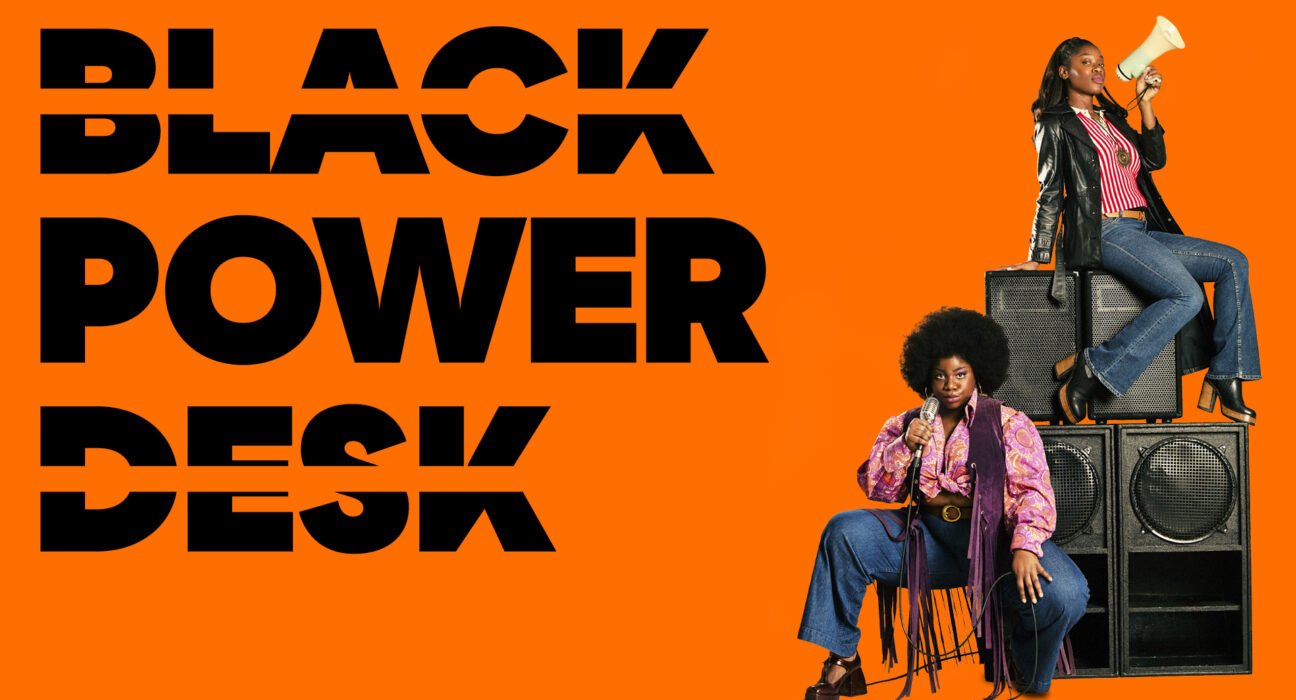Black Power Desk: A Musical Reclaiming the History of Black British Activism

Urielle Klein-Mekongo is transforming a chapter of Britain’s political history into a stage production, using music to highlight the stories of Black women whose voices helped shape the struggle for racial justice.
The play, Black Power Desk, takes its title from a secretive Metropolitan Police unit established in 1967 by then Home Secretary Roy Jenkins. The unit was tasked with monitoring Black activism in Britain, but Klein-Mekongo has reclaimed the name to tell a very different story — one centred on resilience, leadership and community.
Her work focuses on the activism of the 1970s, drawing inspiration from pivotal legal cases including the Mangrove Nine, the Oval Four and the Stockwell Six. Through these narratives, the production explores how women were at the forefront of the fight against racial discrimination and state surveillance.
“I felt for Altheia Jones-LeCointe and Barbara Beese, who were part of the Mangrove Nine,” Klein-Mekongo explains. “They were so strong and so powerful in such a male-dominated space. It was really inspiring for me to learn more about them and the way they stood their ground.”
Klein-Mekongo, who also stars in the musical, says the project is about amplifying stories often overlooked in mainstream accounts of British history. “What struck me most was how much of what we’re experiencing now was happening then,” she says. “The same police brutality, the same fights for justice, and the same strength within the community.”
The production incorporates a range of musical styles to reflect the era, from soul and funk to reggae. It also draws on the traditions of protest songs, blending theatre and music to convey the atmosphere of resistance.
While Black Power Desk examines systemic injustice, Klein-Mekongo insists it is equally about celebration. “It’s about joy and togetherness as much as it is about struggle,” she says. “These women weren’t just fighters; they were leaders, mothers, sisters and friends. They created spaces of love and solidarity.”
The musical is intended not only as a retelling of history but also as a mirror for present-day audiences. By reclaiming the very language once used to criminalise activists, Klein-Mekongo underscores the importance of remembering how state power was deployed — and resisted.
As rehearsals progress, Klein-Mekongo believes the work will resonate widely. “I want people to leave feeling both informed and empowered,” she says. “The legacy of these women deserves to be carried forward. Their courage and determination are reminders that change is always possible.”













